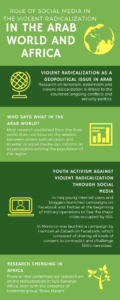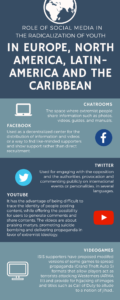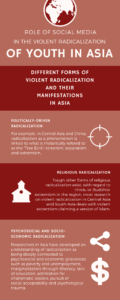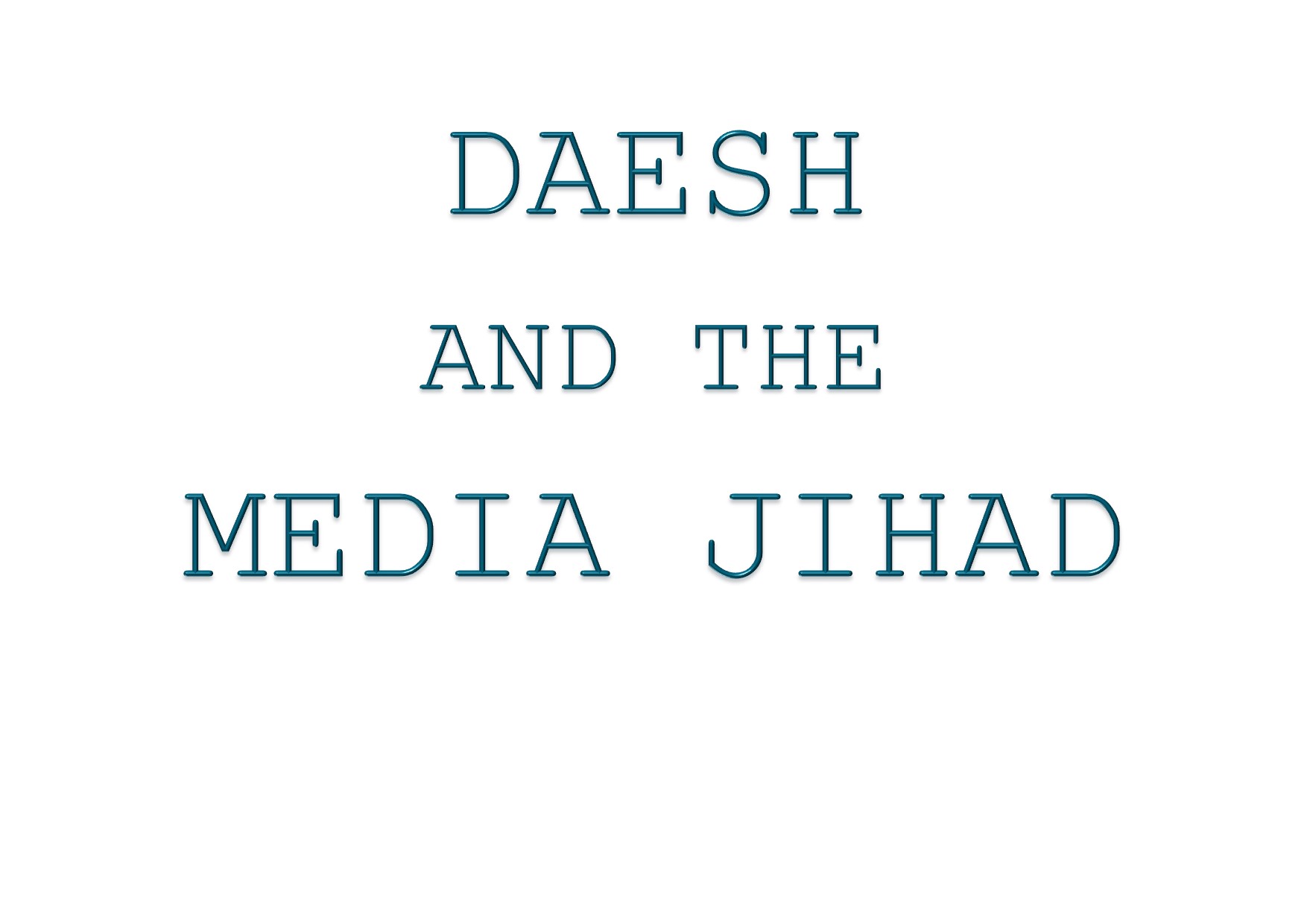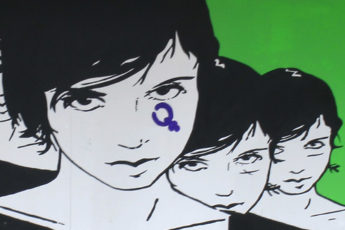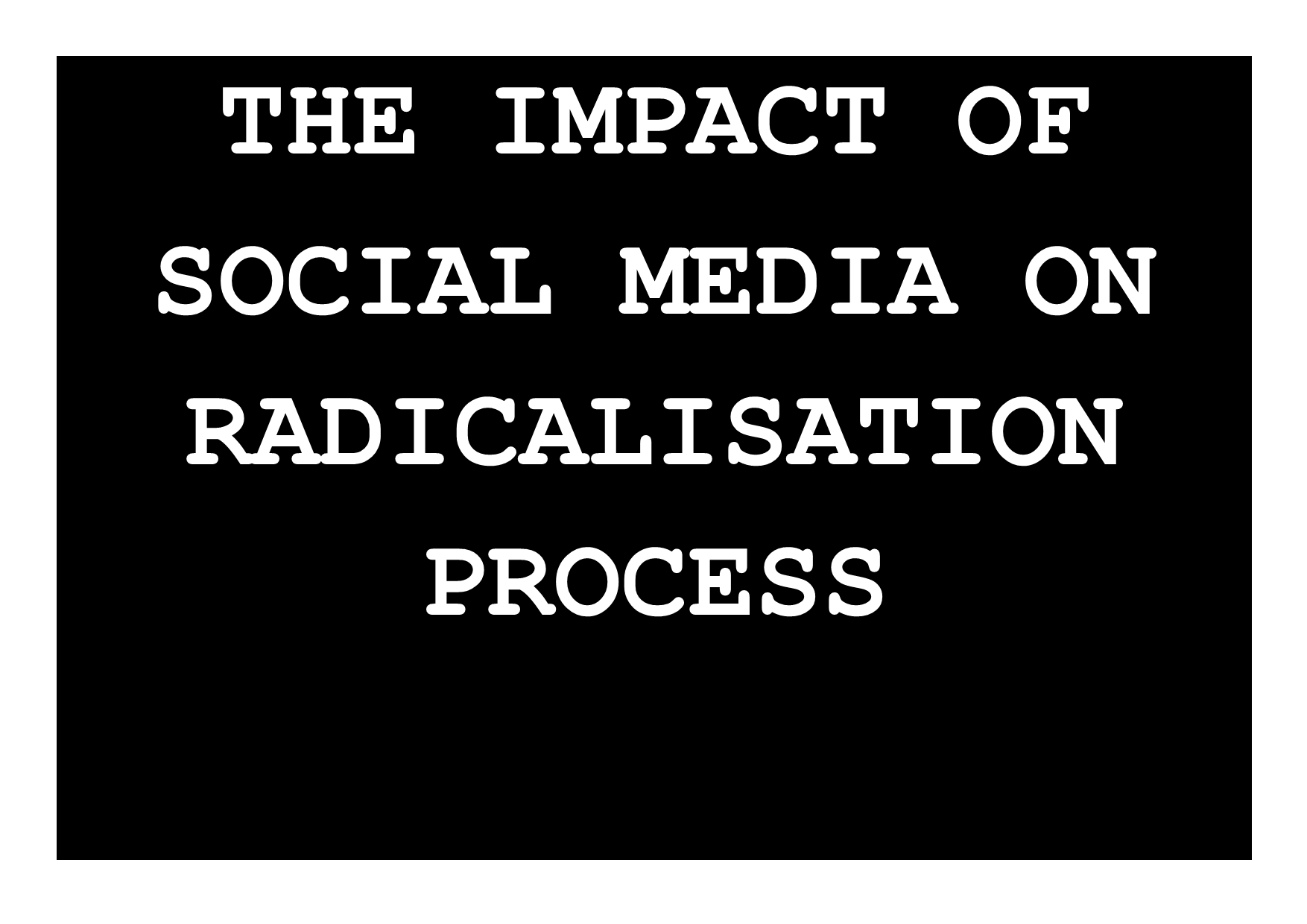
The report “Youth and Violent Extremism on Social Media”, released by UNESCO, puts on debate the role of social media on the process of radicalization and some of its impacts on youth. The authors Séraphin Alava, Divina Frau-Meigs and Ghayda Hassan map the main researches about the theme and divide their analysis by global areas: Europe, North America, Latin-America and the Caribbean is the first section, followed by Arab world and Africa and Asia.
One of the most highlighted topics is the gender issue in radicalization process in Europe, Caribbean, North and Latin America. According to Alava, Frau-Meigs and Hassan, the amount of articles focused on gender and radicalization on social media is very low compared to the growing number of radicalized women online – they represent about 30% of the departures to Syria/Iraq war zones. The authors explain that it happens due to the fact that many female figthers mask their identity on social media and because male academics represent the majority of scholars in this field. In accordance with researchers’ mapping, those women see the process of radicalization as a way to become independent and join the fight:
One identifed trend is a feminist claim of women coming forward to take their place in the fighting, which coincides with a structured use of communication processes by terrorist groups to recruit them
Alava, Frau-Meigs and Hassan also emphasize the dual role of social media on the process of radicalization. According to a study conducted by Mohamed Ibn Rachid Faculty, the number of Facebook users in 22 Arab countries increased from 54.5 million in 2013 to 81.3 million in 2014, most by young people. Many of those young Internet users launched several campaigns on Facebook and Twitter to fight against terrorism and radicalization. However, the authors underscored how social media can be used to incite hate and radicalize youth. African extremist group “Boko Haram” usually spread their principles through the Internet, with sophisticated videos, while in Indonesia the ISIS recruits use online games to persuade recruitment for ISIS can be done through online games.
Even though there is little evidence in literature that alternative narratives are effective in countering radicalization, it is a preventive measure that has started being used by some governments. Some of them decided to invest in primary education. According to the authors, those governments use various tactics grouped under the label of Media and Information Literacy (MIL), relevant for both countries where censorship is not acceptable or even for those that have strong restrictions to freedom of speech.
The full article can be accessed here: http://unesdoc.unesco.org/images/0026/002603/260382e.pdf
By Roanna Azevedo – UFRJ/Brazil


